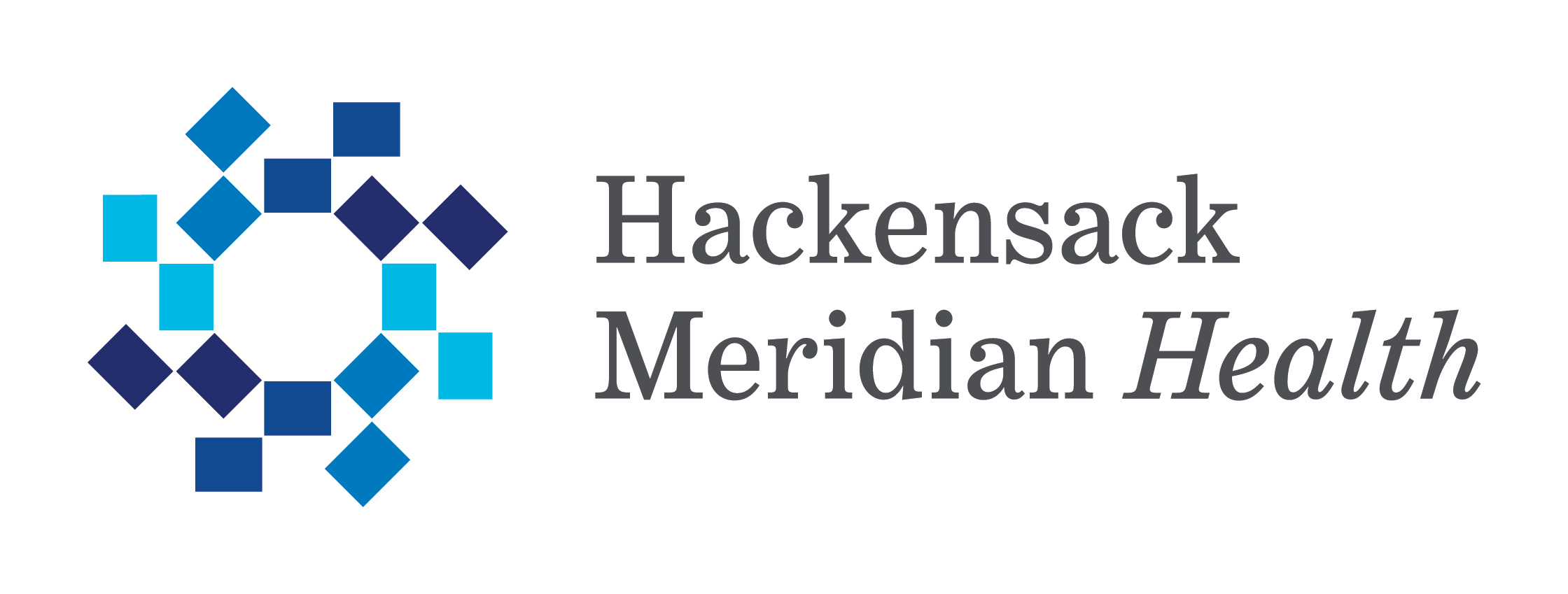Newswise — Pediatric epileptologist Eric Segal, M.D. is the lead author on new pediatric epilepsy research published in the January issue of the Journal of Child Neurology. Dr. Segal, a specialist at Joseph M. Sanzari Children’s Hospital at Hackensack University Medical Center, and his colleagues conducted a Phase IV, multicenter, retrospective study showing the retention, dosing, efficacy, and safety of once-daily, oral anti-seizure medication perampanel (Fycompa) when administered to pediatric patients with epilepsy.
Hackensack Meridian Children’s Health is at the forefront of pioneering innovations in pediatric epilepsy treatment. From the study of the use of nasal sprays as rescue seizure medication to the implantation at Joseph M. Sanzari Children’s Hospital of New Jersey’s first responsive neurostimulation (RNS) device, pediatric researchers and physicians are working to provide patients and their families with cutting-edge options as they investigate the latest treatments for neurological diseases. Innovations at K. Hovnanian Children’s Hospital at Jersey Shore University Medical Center include surgeries to remove portions of the temporal lobe of a child who had been experiencing dozens of seizures a day after being born with hydrocephalus.
In this latest study undertaken by Dr. Segal, he and his colleagues analyzed data obtained from medical records of 334 patients with epilepsy — 151 preadolescent patients aged 1 to <12 and 183 adolescent patients ages 12 to <18. The study, titled “PROVE — Phase IV Study of Perampanel in Real-World Clinical Care of Patients with Epilepsy: Interim Analysis in Pediatric Patients” found that 42.5 percent of preadolescent patients and 55.7 adolescent patients remained on perampanel 24 months after initiating treatment. In the United States, perampanel is approved to treat focal seizures in patients who are four years old and older. It is also approved for use in combination with other medications to treat generalized tonic-clonic seizures in patients who are 12 years old and older.
The study also found that treatment-emergent adverse events occurred in 53 preadolescent patients (35.1 percent), with the most common adverse events being aggression, irritability and drowsiness. Seventy-eight adolescent patients (42.6 percent) experienced treatment-emergent adverse events, with the most common being drowsiness, aggression and dizziness.
“Our research shows that daily oral doses of perampanel are well-tolerated and have favorable retention rates for pediatric patients,” said Dr. Segal. “These findings provide real-world insight into the effectiveness and safety of perampanel therapy and can inform shared decision-making discussions between pediatric epileptologists, patients and parents.”
“Through ongoing study of various epilepsy medications, Dr. Segal and his colleagues are able to advance our understanding of how medications can be used effectively in clinical practice and work toward developing and updating evidence-based therapeutic guidelines,” said Judy Aschner, M.D., physician-in-chief, Pediatrics, Hackensack Meridian Children’s Health.
Hackensack Meridian Children’s Health is at the forefront of pioneering innovations in pediatric epilepsy treatment. From the study of the use of nasal sprays as rescue seizure medication to the implantation at Joseph M. Sanzari Children’s Hospital of New Jersey’s first responsive neurostimulation (RNS) device, pediatric researchers and physicians are working to provide patients and their families with cutting-edge options as they investigate the latest treatments for neurological diseases. Innovations at K. Hovnanian Children’s Hospital at Jersey Shore University Medical Center include surgeries to remove portions of the temporal lobe of a child who had been experiencing dozens of seizures a day after being born with hydrocephalus.
Hackensack Meridian Children’s Health Epilepsy Program
The specialists at Joseph M. Sanzari Children’s Hospital at Hackensack University Medical Center and K. Hovnanian Children’s Hospital at Jersey Shore University Medical Center provide treatment for the full spectrum of neurological conditions, from the most rare to the complex, for children newborn to young adults. Joseph M. Sanzari Children’s Hospital was ranked number one in New Jersey in the most recent U.S. News & World Report best children’s hospitals survey. Recent innovations in epilepsy surgery include the implantation of a responsive neurostimulation device in another child with epilepsy as well as a significant increase in the volume of minimally invasive stereo-EEG cases with nearly 10 such operations performed at Hackensack in 2021.
